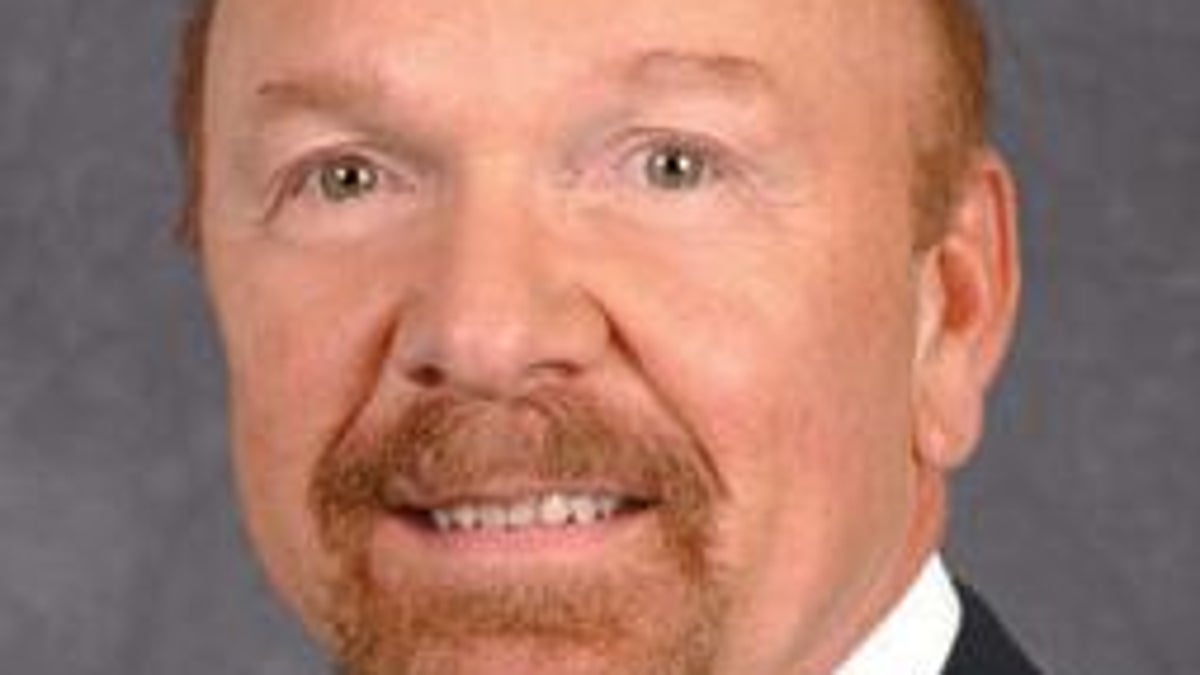Best Buy chairman resigns, eyes options for his 20 percent stake
Best Buy founder and Chairman Richard Schulze is looking to explore options for his ownership stake, but still believes in the retailer's future.

Best Buy founder and Chairman Richard Schulze said today he will resign from the board and explore options to sell his 20 percent stake in the retailer.
In a terse statement, Schulze, Best Buy's largest shareholder, said that he continues "to believe in Best Buy and its future," but acknowledged "there is an urgent need for Best Buy to reinvigorate growth by reconnecting with today's customers and building pathways to the next generation of consumers."
Schulze's statement is a bit of a mixed message. He believes in Best Buy, but is looking to "explore all available options for my ownership stake." Investors are following the money over Schulze's words as shares fell in early trading.
All of that said, Schulze is 71 and probably needs to diversify. He had planned to step down as chairman after Best Buy's 2012 annual meeting and remain director for another year.
Best Buy has been rattled by multiple moving parts. First, the company needs a new CEO. In addition, Best Buy needs to connect to customers online, via their phones, and in person. The biggest risk for Best Buy is that it becomes a showroom for rivals such as Amazon.
The one-year chart for Best Buy shows how concerns have been mounting about Best Buy's ability to navigate e-commerce, bricks-and-mortar retailing and mobile.
Best Buy has had two mixed quarters on the financial front. The retailer said it would shutter 50 big box stores and come up with smaller formats amid a weak fourth quarter. From there, Best Buy CEO Brian Dunn stepped down. Interim CEO Mike Mikan stepped in and Best Buystabilized the first quarter, but challenges remain.
Simply put, Best Buy has a long road ahead. Last month, Mikan said:
We are operating in an economy without boundaries, one that has been transformed by the digital revolution and is more open and transparent than ever before. Neither consumers nor companies are defined by the roles and limitations that seemed so clear just a decade or so ago. Armed with information and choice, consumers shop differently today. The annual rate of growth of e-commerce transactions is far outstripping traditional retail sales. Consumers have needs and preferences that are new and changing rapidly. Today, they need virtual product and services as much if not more than they need hardware. And businesses are under pressure to respond to those changes, to connect with consumers whether they are online or in the store and to meet these new needs and preferences. The changes have created risks and dislocation.
Best Buy's mission is to make sure it can navigate those risks and dislocation. The results so far have been decidedly mixed, but any turnaround will take time.

